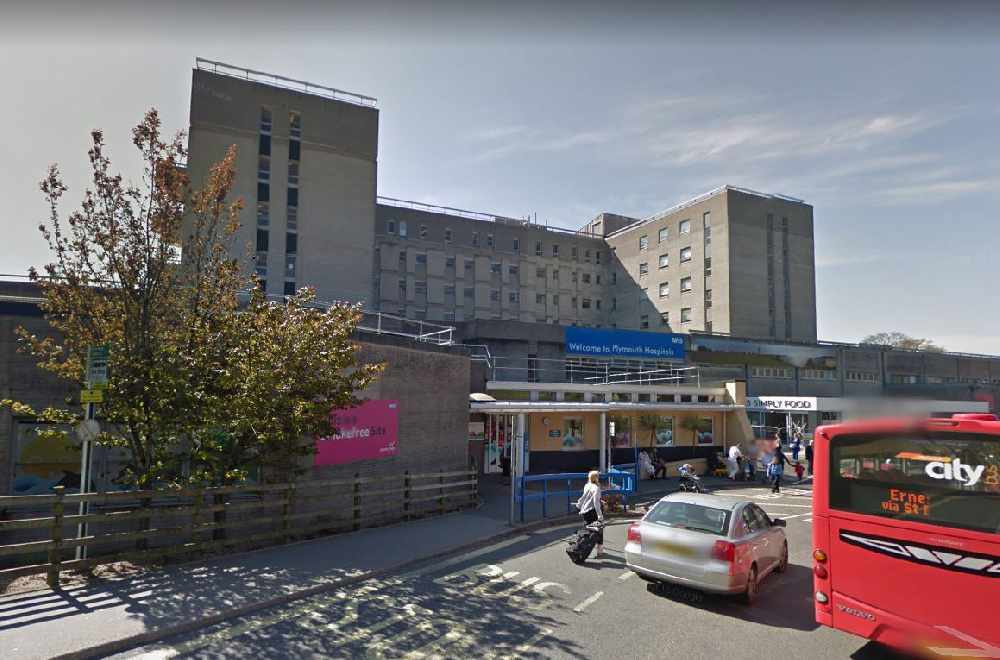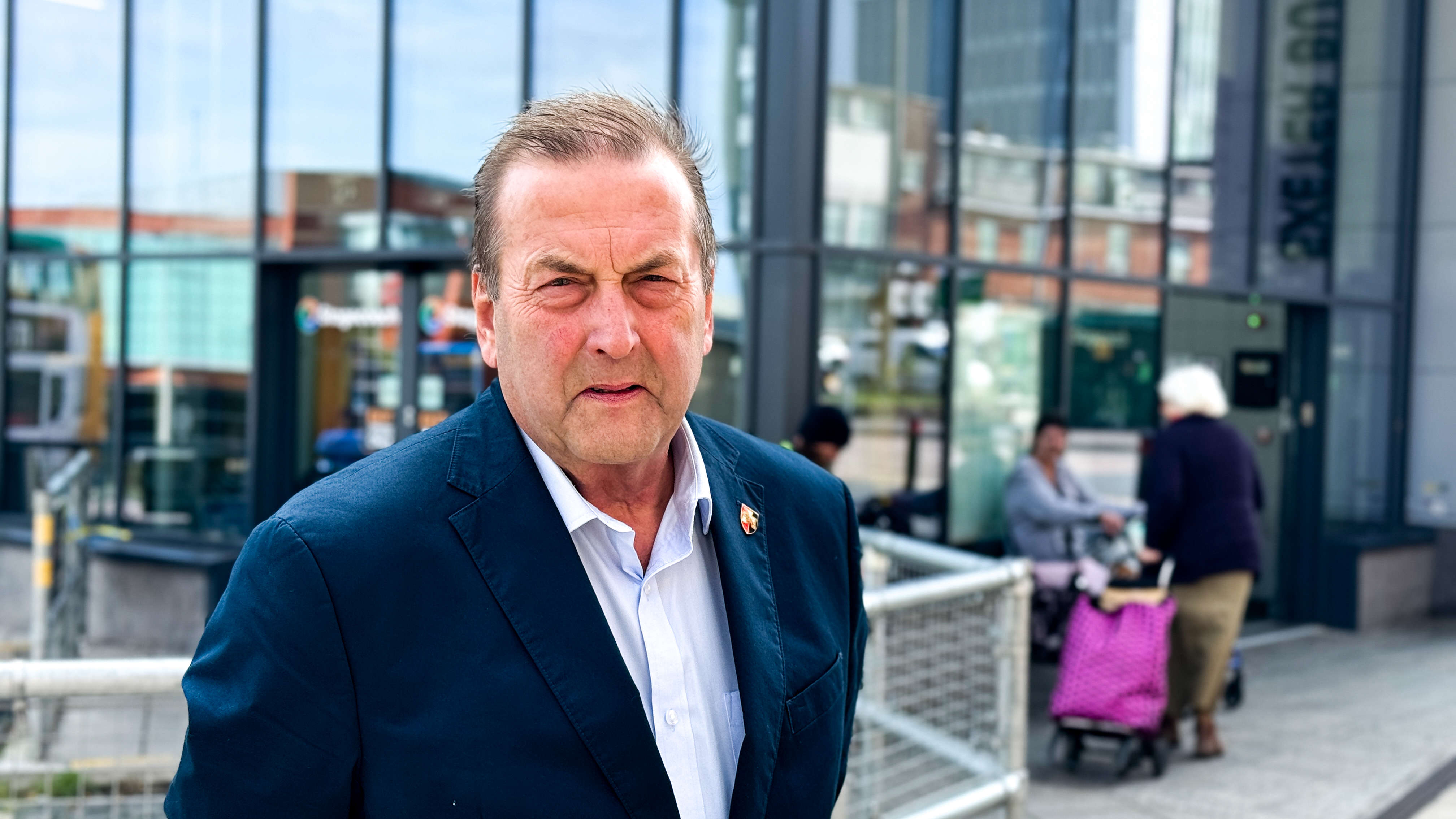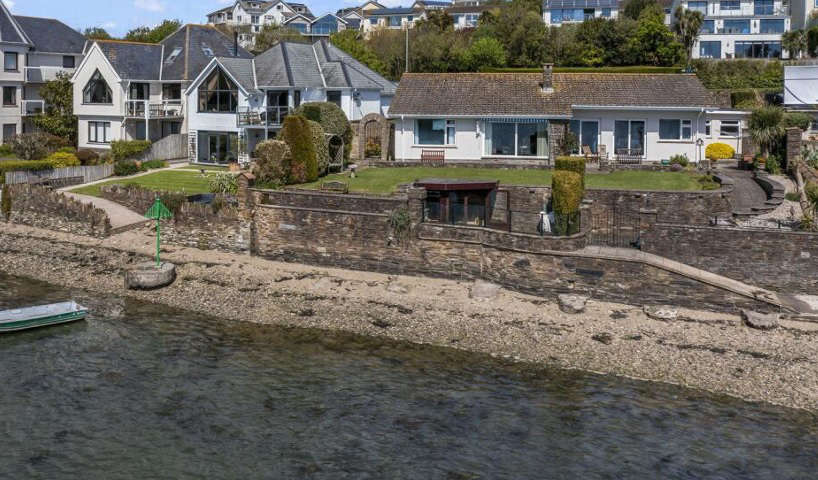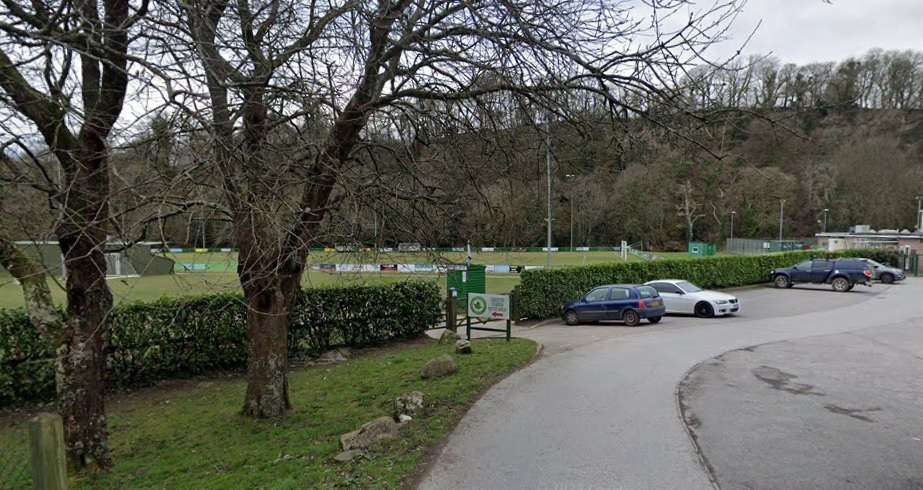
More people are being seen at home within two hours rather than long waits in ED
An organisation which provides health and social care across Plymouth, the South Hams and West Devon has been able to keep more seriously ill patients out of hospital by treating them at home within two hours.
Livewell Southwest’s ‘gateway hub’ works to make sure people “don’t get sucked into hospital and don’t get stuck”. It also prevents long waits in the emergency department.
Last month Derriford Hospital declared a critical incident because of pressures on A&E, with more than 300 people attending on one day.
The hospital said it was seeing a high number of older people with respiratory problems made worse by the cold weather.
Representatives from Livewell have told Plymouth City Council’s health and adult social care scrutiny panel about a growth in referrals since starting the ‘integrated alternatives to admission service’ and ‘gateway hub huddles’ .
By calling NHS 111 or going through their GP, people are directed to a crisis response team if they are at risk of hospital admission and can be seen within two hours.
After seeing the patient, a decision is made whether they need to go to hospital or can be treated at home.
Councillors heard that the usual route was for people to be brought to the emergency department where it is not unusual to wait 15 hours to be seen.
In the Plymouth Community Crisis Response Team social workers are trained to spot sepsis and can do basic examinations, and paramedics provide information around the Care Act.
“All our staff sharing skills mitigates the risk of someone getting sick,” said Sarah Pearce, assistant director of adult frailty and specialist services.
She added that social workers had saved lives because of their training in medical care.
“We have workers from all different disciplines who have enhanced skills to make an holistic assessment of people who are acutely ill in the community,” she explained.
The team looks at a patient’s living conditions. In the case of a fall, for example, they explores the reason for the fall, and the health and social care needs, and at strength and conditioning services to prevent more falls.
Equipment such as mobile hoists acan be transported to people’s homes and urgent care nurses can give IV treatment at home. One patient with septic arthritis of the spine saved 52 bed days in hospital because of the care provided.
The panel was told the caseload for the crisis response team had risen from 120 to 187. Ms Pearce said more than 80 per cent of people who needed care within two hours receive it, within an NHS target.
University Hospitals Plymouth NHS Trust has recently expanded its number of ‘virtual beds’ to 75 with the aim of reducing admissions by 6,252 a year and reducing 43,764 bed days.
Virtual beds are beds at home where patients are monitored remotely and hospital-level care provided. The service launched in December 2022 and by May 2024 the trust had recorded its 1,000th virtual ward patient. Frailty, cardiology and respiratory conditions are among those issues treated.
 Pop-up market proposal for Exeter city centre
Pop-up market proposal for Exeter city centre
 'Bad deal' blast over Churston solar farm
'Bad deal' blast over Churston solar farm
 Bovey Tracey holiday homes plan rejected
Bovey Tracey holiday homes plan rejected
 Broadside for 'incongruous' Kingsbridge waterside home
Broadside for 'incongruous' Kingsbridge waterside home
 Ivybridge football project given go ahead
Ivybridge football project given go ahead
